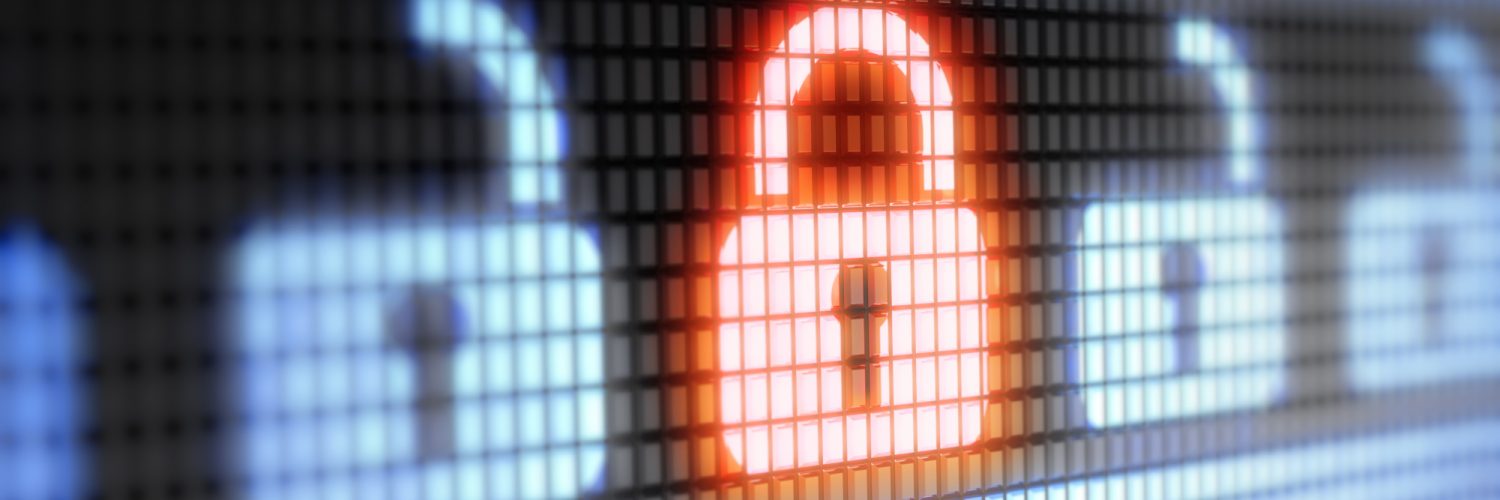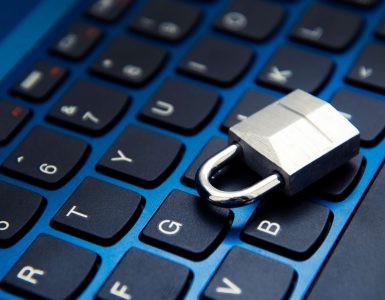As reported in the news, and specifically referred to in an article I read on www.informationweek.com, Cyber Liability attacks are not only the rise but massive cyber attack threats are now imminent.
The article, quoted below in abbreviated format, is very eye-opening and we give great thanks to “informationweek.com” for their insight and reporting of this issue.
“Cyber attacks against government agencies and businesses in the United States continue to rise, and cyber threats will one day surpass the danger of terrorism to the United States, intelligence community officials said in an open hearing of the Senate select intelligence community Tuesday. “Stopping terrorists is the number one priority,” said FBI director Robert Mueller. “But down the road, the cyber threat will be the number one threat to the country. I do not think today it is necessarily [the] number one threat, but it will be tomorrow.”
The rare open hearing of the Senate’s intelligence committee, an annual one that surveys the threats to the United States from around the globe, included testimony by Mueller, director of national intelligence James Clapper, and CIA director David Petraeus. Clapper said that cybersecurity is already at the forefront of national security concerns, right there with terrorism, proliferation of weapons, and espionage. “In the last year, we observed increased breadth and sophistication of computer network operations by both state and non-state actors,” he said. The greatest challenges to protecting against cyber threats, Clapper said, are the difficulty of providing timely and actionable warning of attacks–he cautioned that “many intrusions into U.S. networks are not being detected”–and the complex vulnerabilities within the IT supply chain. Attribution remains a difficult technical challenge, but the government is increasingly sharing threat information among government agencies and with the private sector. Vulnerabilities in the IT supply chain have been a concern for the Department of Defense for several years, but the issue has not been raised to the same level of public discourse as information sharing and the range of cybersecurity technologies that agencies are implementing to thwart attacks.
Clapper singled out attacks from China and Russia as the biggest threats from state actors and said that those two countries have been responsible for “extensive illicit intrusions” into U.S. networks, but also said that Iran’s cyber capabilities have “increased in depth and complexity” in recent years. China and Russia have been high on cyber-watchers’ lists of concerns for several years now, but Iran is a relatively new addition. Iran’s military recently claimed that it brought down an American drone by hacking into its guidance systems.
The intelligence community isn’t concerned only with threats from other countries, however. Clapper said that non-state actors are increasingly gaining in prominence, and in fact already have “easy access to potentially disruptive and even lethal technology.” For example, he noted that hacker groups like Anonymous and LulzSec have been carrying out a consistent campaign of distributed denial of service attacks and website defacements, and that intrusions into NASDAQ and the International Monetary Fund “underscore the vulnerability of key sectors of the economy.” Targets against security technologies themselves, such as last year’s attack against security company RSA, which led to several other attacks, are also of particular concern, Clapper said. He also lashed out against “wholesale plundering” of American intellectual property.
At the hearing, senators also sparred with witnesses about which agencies would take charge in the event of a major cyber-attack, and what the role of the president would be. For example, Sen. Barbara Mikulski, D-Md., raised concerns about what would happen in the event of an attack on the electrical grid of a city hosting a political convention. While representatives from the DHS and FBI both said the initial response would fall to DHS, FBI director Mueller said that the FBI or NSA would be the ones to determine attribution.”
Of particular importance to Cyber Liability Insurance customers is that last paragraph, which refers to the “wholesale plundering of American intellectual property”.
Today I ask you again, what are you doing to make sure your customer is protected against the vulnerability of an attack?
To obtain your quote for Cyber Liability today, please contact me at ksneed@usproins.com for an application.
Although hospitality, financial services, higher education, and healthcare are primary targets for identity theft, all of your customers are potential targets for cyber terrorism.



















